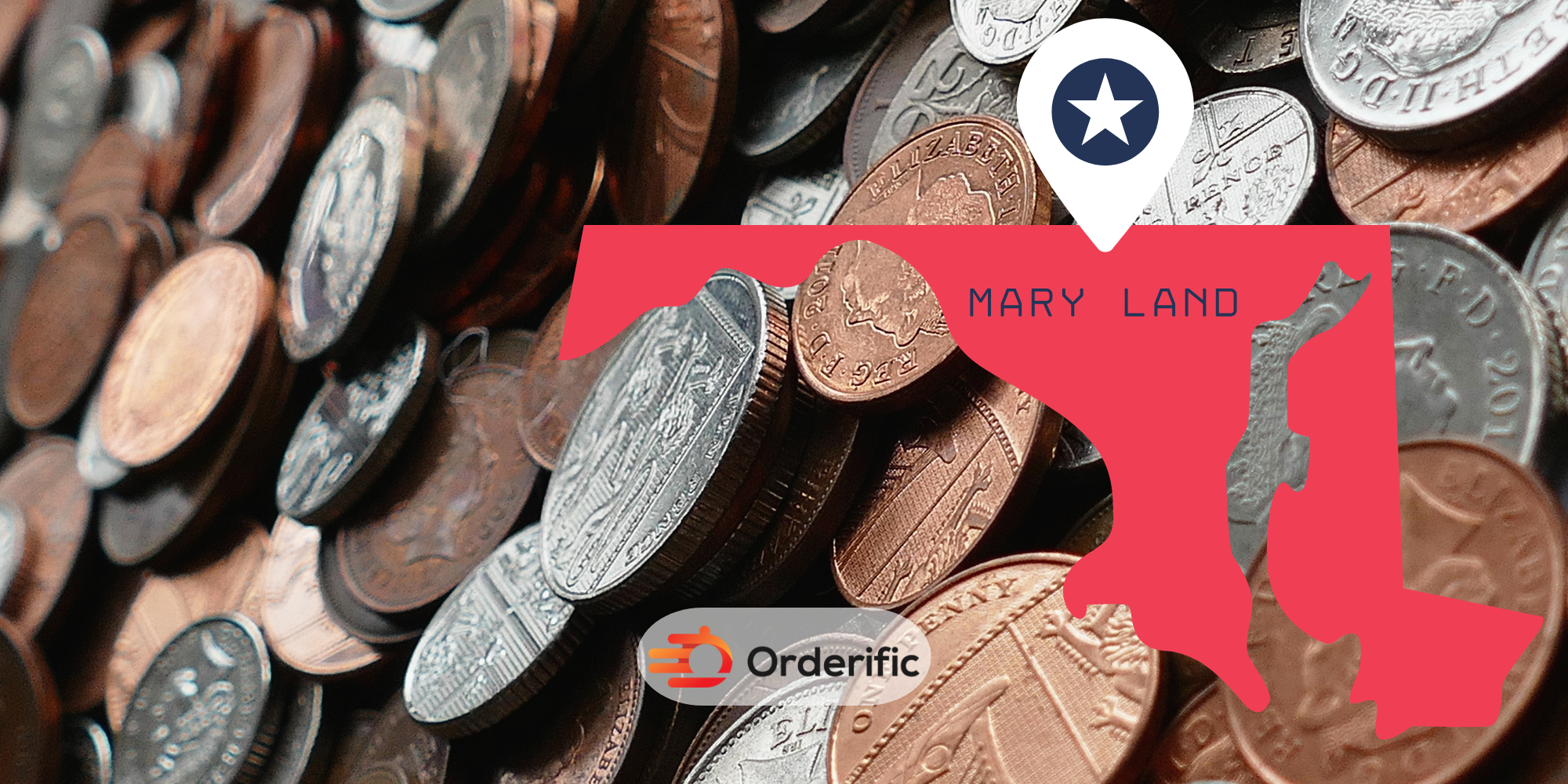As a business owner in Maryland, it’s essential to stay informed about the current minimum wage regulations in the state. This will ensure that you’re compliant with state labor laws and that your employees are receiving fair compensation for their hard work. But what exactly is the minimum wage in Maryland?
The minimum wage in Maryland is the lowest pay that employers can legally offer their employees. It’s a benchmark that’s updated periodically in response to changes in the cost of living and economic conditions. Understanding this wage standard is integral for both employers and employees, as it establishes a baseline for fair pay. This baseline plays a crucial role in the overall health and stability of Maryland’s economy.
What is The Minimum Wage in Maryland?
The minimum wage in Maryland depends on the size of the employer. If you’re a large employer, meaning you have 15 or more employees, the minimum wage you must pay as of January 1, 2023, is $13.25 per hour. This rate ensures that workers in larger companies receive a wage that can help to cover their basic living expenses.
For smaller employers with fewer than 15 employees, the minimum wage is slightly lower. In this case, the minimum wage is set at $12.80 per hour. Despite this difference, the aim is still to provide a fair wage that reflects the cost of living. For employees who earn tips, the wage is different again. Tipped employees must be paid a minimum of $3.63 per hour, with the assumption that their tips will make up the difference in reaching the regular minimum wage. It’s always essential to stay up-to-date with these rates to ensure you’re paying your employees fairly and legally.
In addition, starting July 1, 2023, Montgomery County imposes a minimum wage of $16.70 for businesses with 51 or more employees, $15 for businesses with 11-50 employees, and $14.50 for businesses with 10 or fewer employees. Also in Howard County, starting July 1, 2023, businesses with 15 or more employees will pay a minimum wage of $15.00, and businesses with fewer than 15 employees will pay a minimum wage of $13.25

What’s Happening with the Minimum Wage Beyond 2023 in Maryland?
The previous version of the law set a schedule to ramp up to the $15 threshold in 2025 for large employers and 2026 for small employers. However, recent legislation has aimed to expedite this progression. Maryland’s lawmakers are constantly discussing and revisiting the issue of minimum wage, acknowledging the ever-increasing cost of living and the need for wages to keep pace. They plan to reassess the schedule and consider possible adjustments that could fast-track the increase to $15 per hour, even for smaller businesses.
The goal is to ensure an improved standard of living for all Maryland workers and further stimulate the state’s economy. Business owners are encouraged to stay abreast of these changes and plan their budgets accordingly. While the exact timeline for this increase is still a topic of discussion, the commitment to reaching the $15 minimum wage mark is steadfast.
How Should Small Business Owners Prepare for Potential Changes to the Minimum Wage?
Preparing for changes to the minimum wage requires strategic planning and careful financial management. Business owners should start by revising their payroll budgets and assessing the potential impact of wage increases on their overall operational costs. It’s essential to also consider potential changes in employee morale and productivity that could arise from higher wages. Remember, a well-compensated employee is often a happy, motivated worker, which can lead to increased efficiency and higher-quality output in your business.
In addition to financial adjustments, it’s also crucial to communicate effectively with your employees about these changes. Transparency is key when discussing wage adjustments. Make sure your team understands why these changes are happening, what they mean for their pay, and the timeline for implementation. Remember to consider the legal implications of minimum wage changes and ensure your business remains compliant with state labor laws at all times. Seek advice from a legal or financial advisor if you need help navigating these changes.

Conclusion
In conclusion, understanding and keeping up with the current minimum wage in Maryland is crucial for both employers and employees. For employers, compliance with state labor laws protects the business from potential legal issues. This helps maintain a healthy relationship with their workforce. For employees, awareness of these laws ensures that their rights are protected and that they receive fair compensation for their labor.
The conversation around the minimum wage in Maryland continues to evolve. As the cost of living rises, so too will the benchmark for minimum wage, reflecting the ongoing commitment of Maryland’s lawmakers to ensure a fair and livable wage for all. As a business owner, staying abreast of these changes not only benefits your employees but also contributes to the overall health and stability of Maryland’s economy.
Let’s find out more with Orderific here! Also don’t forget to take advantage of Orderific’s benefits for your business. Click here to get involved!
FAQs
What is the current minimum wage in Maryland, and has it seen any recent updates?
It is $13.25 per hour for large employers, $12.80 per hour for smaller employers, and $3.63 per hour for tipped employees. Recent legislation has proposed expediting the increase to $15.00.
How does Maryland’s minimum wage compare to neighboring states and the federal minimum wage?
It is higher than the federal minimum wage of $7.25 per hour, but it is lower than some neighboring states such as Washington D.C., which has a minimum wage of $17.00 per hour.
Are there different minimum wage rates for specific industries or regions within Maryland?
Rates are determined by the size of the employer and do not vary by industry or region. However, Montgomery and Howard Counties have implemented their minimum wage rates.
How does Maryland’s minimum wage align with the state’s cost of living and economic dynamics?
The minimum wage in Maryland is adjusted periodically to reflect changes in the cost of living and economic conditions.
What are the penalties for employers not complying with Maryland’s minimum wage laws?
Employers who fail to comply with Maryland’s minimum wage laws could face substantial fines and penalties. They may also be required to pay back wages to underpaid employees.













